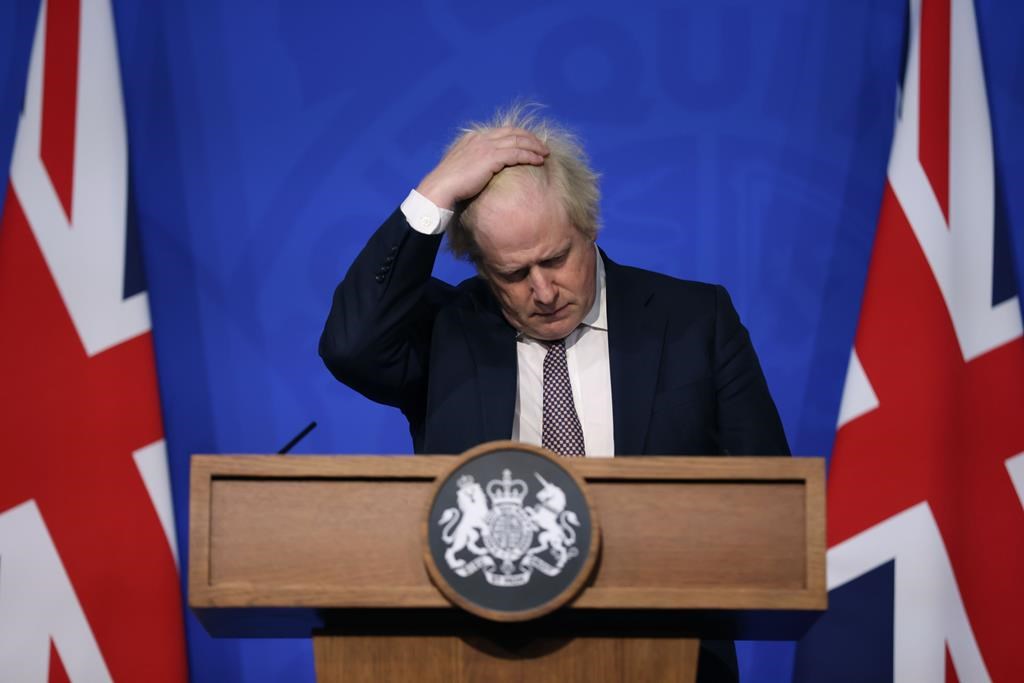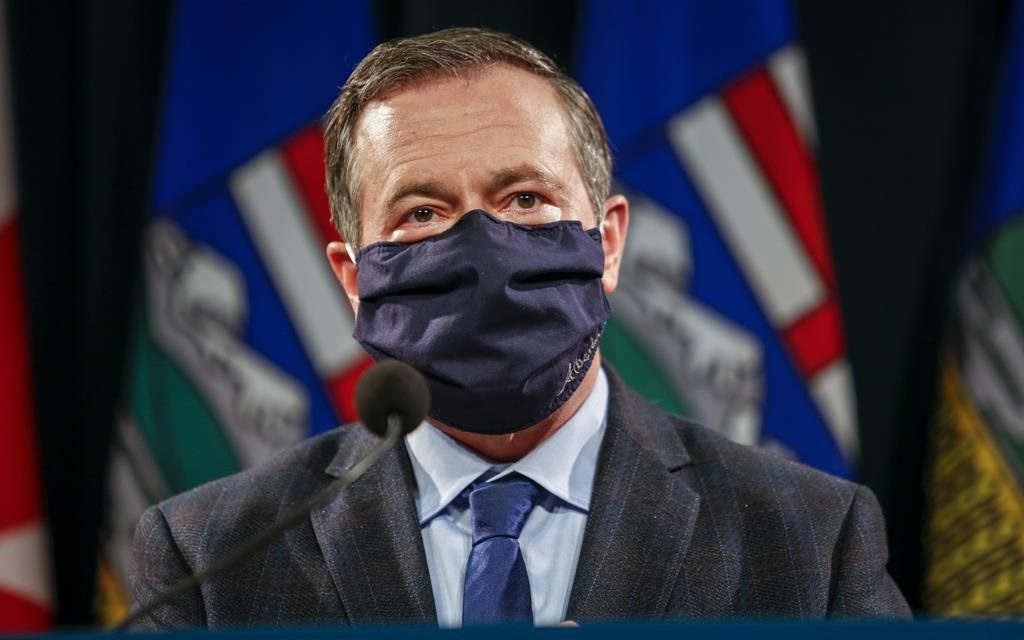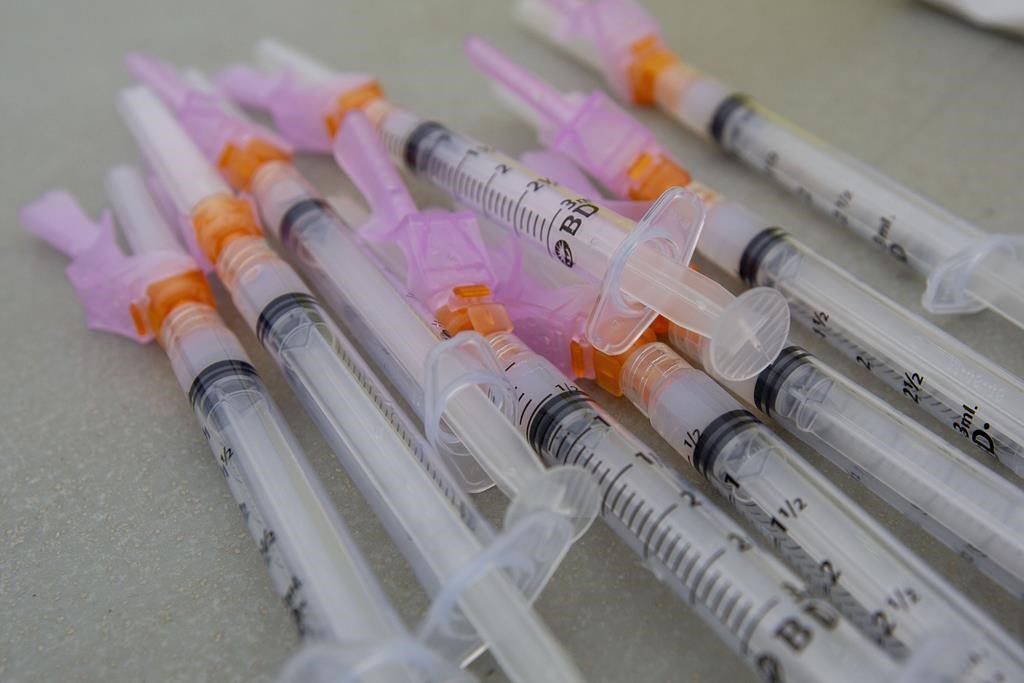Poor Boris.
It’s been a difficult few months for Boris Johnson, Prime Minister of the United Kingdom. He’s been ensnared in the ongoing (and seemingly never-ending) Westminster lockdown parties controversy, or “partygate.” This refers to the revelation that large social gatherings involving government and Conservative Party staff occurred during COVID-19 that directly contravened with the country’s public health restrictions.
The Daily Mirror was the first British newspaper to reveal that several gatherings had reportedly occurred the past couple of years. This includes in May 2020 (garden of 10 Downing Street, which is the PM’s residence), Christmas season 2020 (various affairs in November and December) and April 2021 (two leaving events for staff, which occurred the evening before Prince Phillip’s funeral). The affairs have been described as “booze parties,” which included large quantities of alcohol and food, and some allegedly had loud music, dancing and carousing.
Johnson and the Conservatives initially claimed some of the parties were held with proper social distancing. When it became apparent this wasn’t the case, a steady stream of apologies occurred. It’s been happening on a near-daily basis ever since.
The most recent “partygate” scandal focuses squarely on the PM.
According to ITV News’s UK editor, Paul Brand, on Jan. 25, Johnson reportedly had a “birthday party during the first lockdown in 2020 despite the rules forbidding social gatherings indoors at the time. It’s alleged that the prime minister’s wife, Carrie Johnson, helped organise a surprise get-together for him on the afternoon of 19 June just after 2pm.”
How big was this affair? “Up to 30 people are said to have attended the event in the Cabinet Room,” Brand wrote, “after Boris Johnson returned from an official visit to a school in Hertfordshire.” There are now reports the Metropolitan Police will be investigating Johnson due to this public health breach.
Poor, poor Boris.
Opposition parties are calling for his resignation. Some members of his own party caucus are doing the same thing, too. Several media organizations have reported that as many as 30 Conservative MPs have requested a no-confidence vote on his leadership.
The government’s poll numbers have also collapsed at the seams. Labour leads by around 10 points, and the PM’s disapproval rating is reportedly at 72 percent, the lowest since the days of Theresa May. Two YouGov polls conducted on Jan. 25 were equally disheartening: 62 percent believe Johnson should resign (only 25 percent feel he should remain), and 74 percent support the police investigation at 10 Downing Street (including 58 percent of Conservative voters).
Poor, poor, poor Boris.
In all seriousness, Johnson and the Conservatives are the makers of their own fate. They set the public health rules during COVID-19, and broke them. They arranged these large parties, which was incredibly foolish and showed a lack of intelligence and basic common sense. They created a double standard in British society when it came to social gatherings, and tried to mask and/or swat away these allegations until the evidence proved otherwise.
Here’s something else to consider. Johnson nearly died from COVID-19 complications in March 2020. Long before the vaccines had been created and administered, in fact. If anyone should have realized that holding lockdown parties was a terrible decision and a political disaster waiting to happen, it was him.
Can Johnson survive “partygate?” That’s a tough one.
His intelligence, wit and political savvy had been undeniable until recently. His prominent role in the Brexit movement helped spearhead it to victory in the 2016 EU referendum. His success in the 2019 general election, winning a majority government (80 seats) and the popular vote (43.6 percent), was a watershed moment for Conservatives. His one-nation Tory ideology, or paternalistic model of conservatism that promotes democratic institutions and traditional principles, helped his party capture seats they hadn’t won in decades – or ever before. His brand of intellectual conservatism and populist candour won over many Britons in a way that hadn’t been seen since Margaret Thatcher led the nation.
At the same time, the Conservatives don’t want to be dragged down by this scandal. Whatever their private feelings are about Johnson, he’s the catalyst for “partygate.” There’s no way for him to escape this, and no apology has had a lasting effect. The PM has lost complete control of the narrative, and can’t seem to regain his footing. If a leadership spill, in which the party caucus decides his political fate, is required in the coming days and weeks, many are ready to proceed.
Hence, there are only two identifiable means of political survival for Johnson. He either needs a huge burst of economic success to immediately focus on, or a war to distract the domestic and international media for long enough to change the narrative.
Oddly enough, the latter is starting to materialize.
If Russia invades Ukraine, the world’s focus will shift away from “partygate” at the speed of light. This means Vladimir Putin’s militaristic vision could potentially decide Boris Johnson’s political fate. Strange times, indeed.
Michael Taube, a long-time newspaper columnist and political commentator, was a speechwriter for former Canadian prime minister Stephen Harper.












